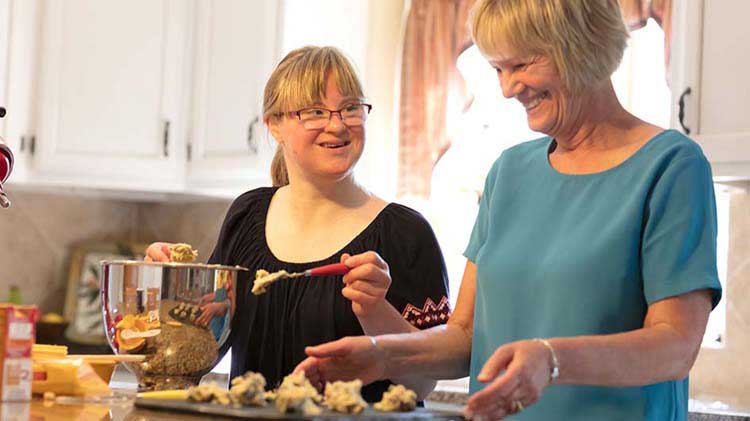Special needs guardianships: How to ask
The key to discussing special needs guardianships is to plan ahead and be clear about your needs.
Choosing a guardian for a child is a huge consideration, and the decision carries even more weight when the child has special needs. Here are a few tips on what to consider and how to approach the conversation.
Identify potential candidates
Before you actually talk to anyone, make a list of everyone in your life who could be a good fit for the guardianship role. Some factors to consider include the age and health of the person and how that might affect their guardianship duties. Consider whether or not this person has experience as a parent or with special needs children. Also ask yourself how important it is for your child to continue to live locally if a potential guardian lives elsewhere.
Open the conversation
Once you've decided on a potential guardian, ask to meet with them in person. End-of-life conversations can be tricky topics to bring up, but you could explain that you've been working on your will or that a current event has made you realize you need to be prepared for the unthinkable. Next, be straightforward and ask if they would be willing to serve as a guardian. Give them time and space to consider their reply, and be prepared for them to say no. If they don't feel they can be an effective guardian, don't argue. Thank them for their consideration and move to the next person on your list.
Cover the essentials
In your conversation, lay out what responsibilities go along with special needs guardianships, particularly anything related to supporting a special needs child. Mention the plans you've put in place, such as a special needs trust or other elements of your estate plan. Discuss the kinds of daily support and programs your child will need. Eventually, you will want to draft a letter of intent that lays out key information about your child for future caregivers.
Discussing end-of-life topics and planning for care after you're gone is rarely easy, but it is an essential process. And you'll gain some peace of mind once you put this important part of your plan in place.




